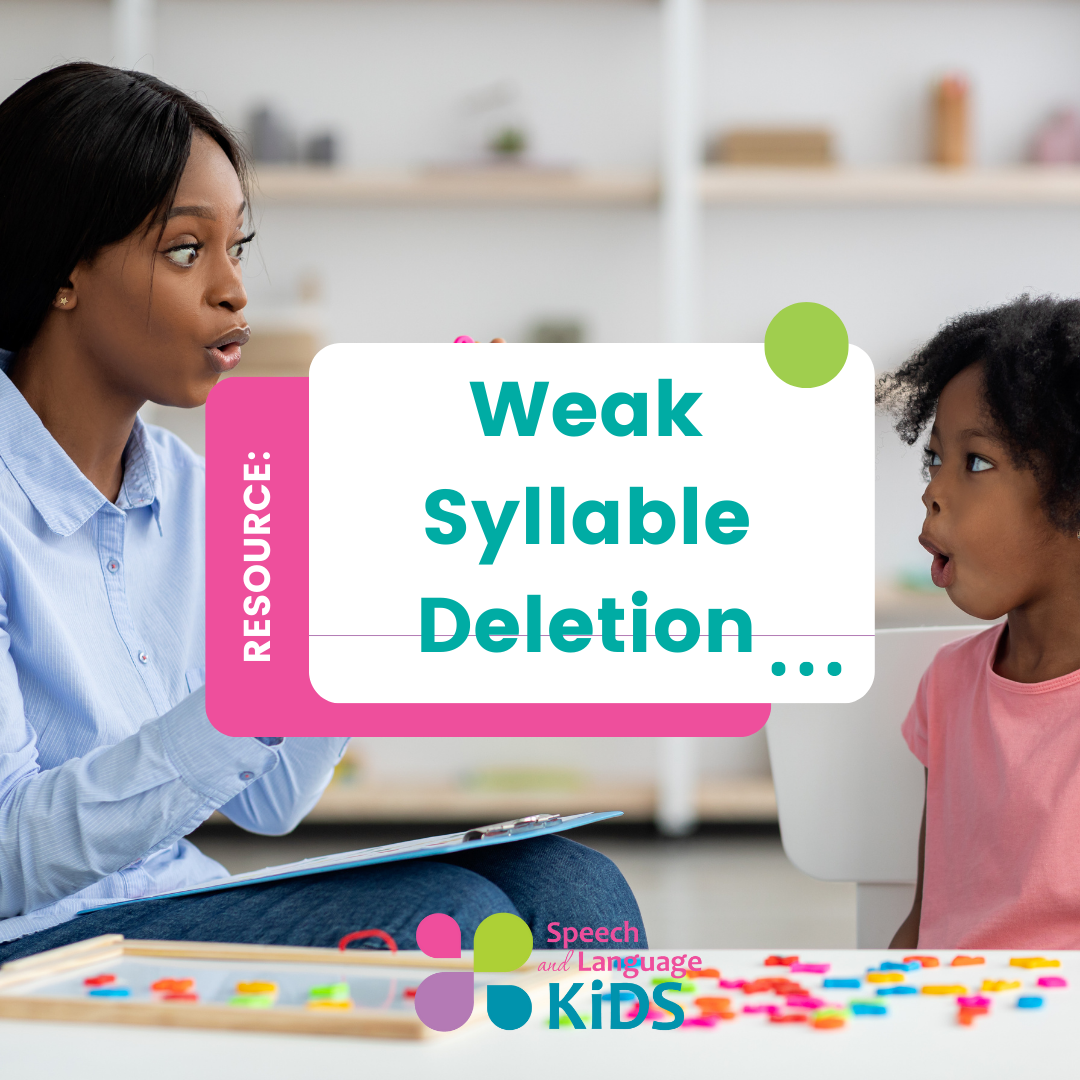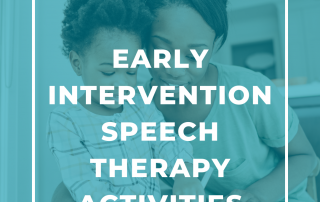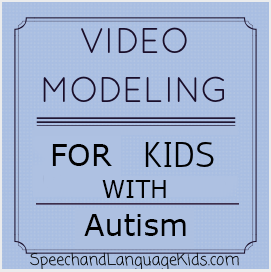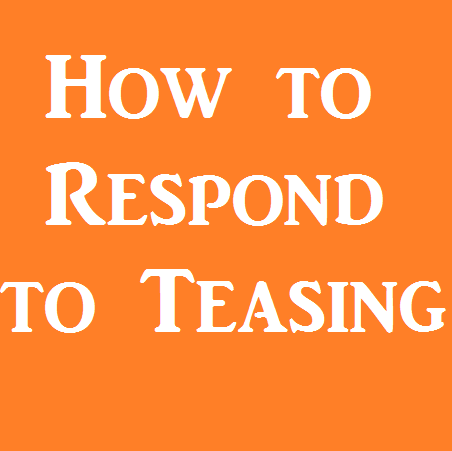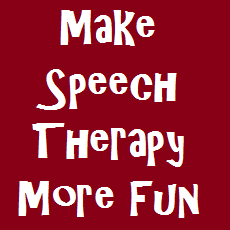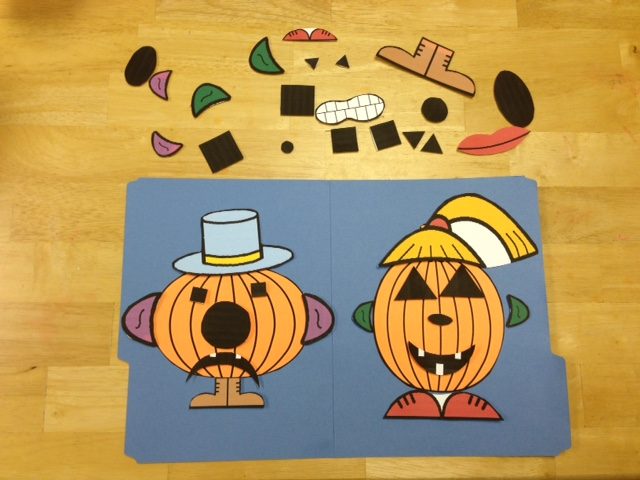Topic:
Resource Type:
Results:
Speech Therapy Materials: What do I Need? (11 Free Therapy Materials)
Speech Therapy Materials and Tools: What Do I Need? Speech-language pathologists and assistants use a lot of tools and resources to teach speech and language skills to children. What speech therapy materials and tools do we need to do our jobs? And how can we find free
Waiting Cards: Language-Boosting Alternatives for Screen Time
You’re driving in the car and your kid is growing antsy. Quickest solution: Hand him your smart phone! You’re waiting for your food a restaurant and the little ones are throwing the sugar packets at each other. Easiest solution: Turn on some cartoons on the tablet! It’s a rainy
Ultimate Guide to Teaching Written Narratives by Grade Level
Breaking Down the Common Core Standards for Working on Written Narratives The common core standards are the set of curriculum guidelines that the department of education has set forth as a method of making sure that all students are taught the skills needed to be successful in college or
Echolalia: What is Echolalia and How Can We Help?
What is Echolalia? Echolalia Meaning: Echolalia is the term used to describe when a child repeats or imitates what someone else has said. Echolalia Examples: Immediate Echolalia: Sometimes a child repeats your question instead of answering it. If you say, “Do you want a
Weak Syllable Deletion: Speech Therapy for Syllable Reduction
Weak Syllable Deletion: How to Treat Syllable Reduction in Children Unstressed syllable deletion, also known as weak syllable deletion or syllable reduction, is the phonological process that occurs when a child deletes one or more syllables from a multisyllabic word. For example, "umbrella" might become "brella". This is
Early Intervention Speech Therapy Activities
Early Intervention Speech Therapy Activities Early intervention is what we call therapy services delivered from birth-5 years of age. These are the years before kids enter Kindergarten and the public schools. These years are critical for communication development so if a child has communication difficulties, it is crucial
Making Inferences For Speech Therapy
How to Help Children Learn to Make Inferences An inference is when you use clues present (in text or in real life) along with your background knowledge to make a guess about something that's not explicitly known. For example, if you see an "out of order" sign, you
Using Video Modeling For Kids With Autism
What is Video Modeling? Video modeling is a fun instructional technique where the child watches a video of himself or herself doing a desired behavior or skill. For example, let’s say Johnny always throws a fit on the way from the bus to his classroom at the beginning of
Idiom, Figurative Language Speech Therapy Activities
How to Teach Idioms and Figurative Language to Kids and Teens Have you been bending over backwards trying to teach your students idioms? Are they left high and dry when idioms are used in their classrooms? Well I’m going to take the bull by the horns and knock your
How to Help your Child with Teasing
“You’re kid sounds funny” “He’s so weird” “What’s wrong with that kid?” “Why is he doing that?” “Is she dumb or something?” Sticks and stones may break bones but words can be just as painful if you are the parent of a child with special needs. Those insults may
Final Consonant Deletion | Activities, Words, and Goals
What is Final Consonant Deletion? Final consonant deletion is a phonological process (pattern of speech errors) where a child drops off the ending consonants of all words. Final Consonant Deletion Examples: “dog” becomes “dah” “cat” becomes “ca” And “Please Mom, can I eat some eggs and toast?”
How to Teach a Child to Form Narratives
Summary: Explicitly teach narrative structure to children: Introduction: settings and characters Details/Body: Use first, next, then, and last to describe the details in order. Make sure the problem is presented in this section. The solution can go in here as well or in the next section. Conclusion: The
The Magic Formula to Teach a Child Any New Skill (By Fading Supports)
The inspiration for this post came to me while I was laying in my 10-month-old’s crib with him. Yeah, I’m that mom. But let me explain! My sweet baby boy was an excellent sleeper until he hit the 6-month mark. Then, suddenly we went from one night waking to
Parent Rights in the IEP Process with Lara Wakefield
In episode 26 of the Speech and Language Kids Podcast, Carrie Clark interviews speech-language pathologist Lara Wakefield, PhD, CCC-SLP about the parent rights in the IEP process. Lara discusses what rights you have as a parent of a child with a special need or disability. Who is Lara
Phonological Awareness Hierarchy, Skills, and Goals
What is Phonological Awareness? Phonological awareness refers to a set of skills that children typically develop in the preschool years as pre-reading skills. These include skills where the child begins to understand how words are made up of individual sounds and those sounds can be
Speech Therapy Generalization: Boosting Self-Awareness to Increase Carry-Over
Speech Therapy Generalization: Boosting Self-Awareness to Increase Carry-Over In episode 25 of the Speech and Language Kids Podcast, speech-language pathologist Carrie Clark discusses how to increase self-awareness and carry-over skills for children who do not pay attention to if they are saying things correctly or not.
Teaching Present Progressive “-ing” Words for Kids
How to Teach Present Progress "-ing" Words to Children: The present progressive “-ing” grammatical marker is the one we tack on the end of a verb to say that the action is currently happening. For example, we might say “he is running” or “she is flying”. When a
How to Make Speech Therapy More Fun (At Home or in Therapy)
“If you’re bored, then the child is probably bored.” I once received that advice from a professor in college regarding our speech therapy sessions. And she was right. If I was feeling bored by a session, most likely the child was also bored and probably not doing his or
/f/ Sound Speech Therapy: Activities for teaching “f”
/f/ Sound Speech Therapy: How to Help Children Learn to Say the /f/ Sound Some children struggle to say the /f/ sound in conversational speech. We don't typically start working on the /f/ sound in therapy until a child is 4-5 years old as many children still struggle
Halloween Speech Therapy Activities
Halloween Activities for Speech and Language Halloween is almost here and children everywhere are getting excited about costumes and candy! Now is a great time to use the excitement of Halloween to get kids excited about working on speech and language skills. Here are some Halloween activities that will
Podcast: Play in new window | Download | Embed
Subscribe: Apple Podcasts | RSS





